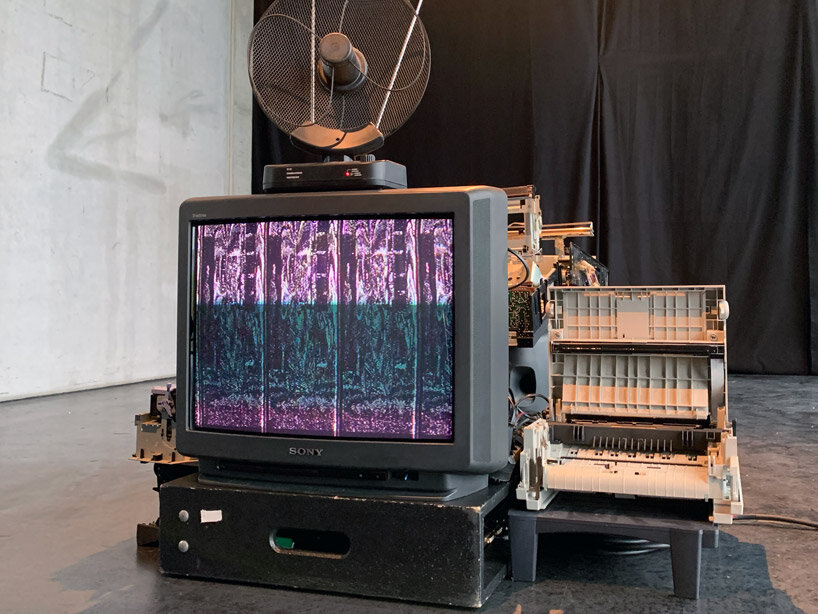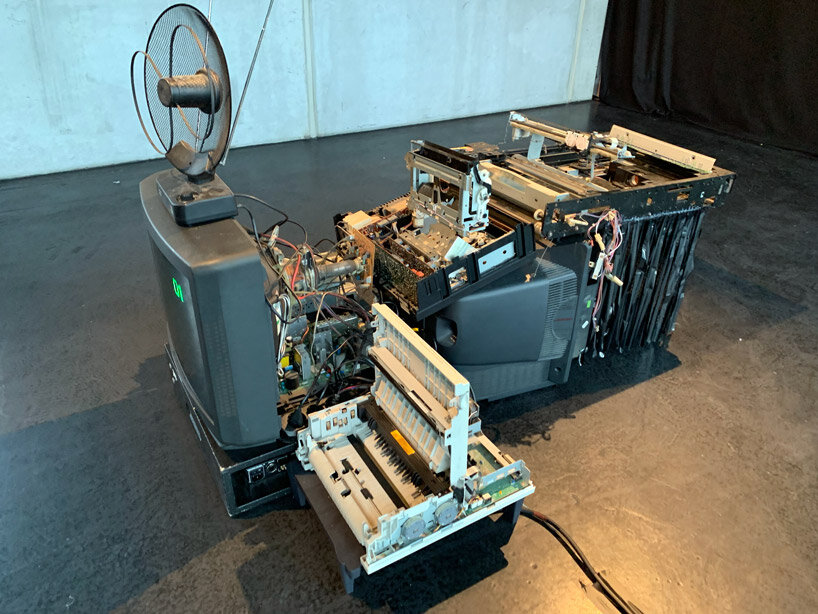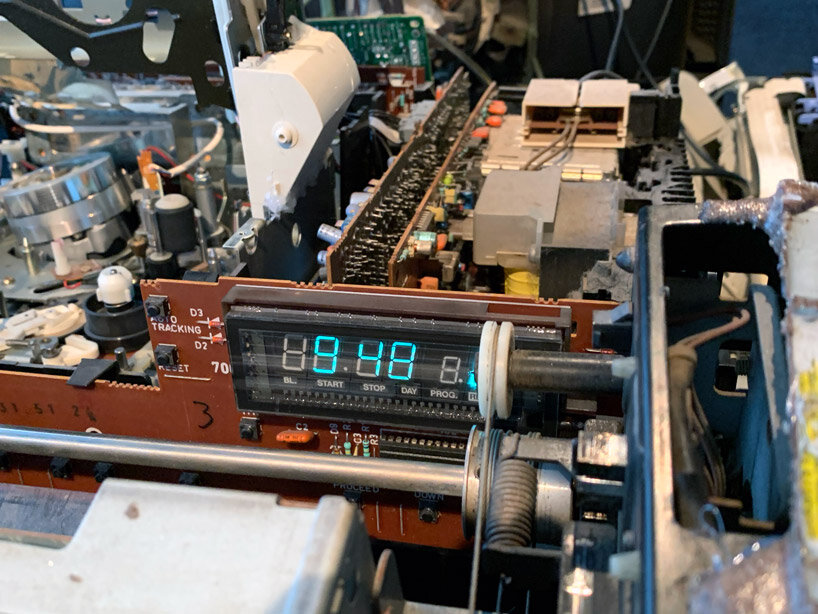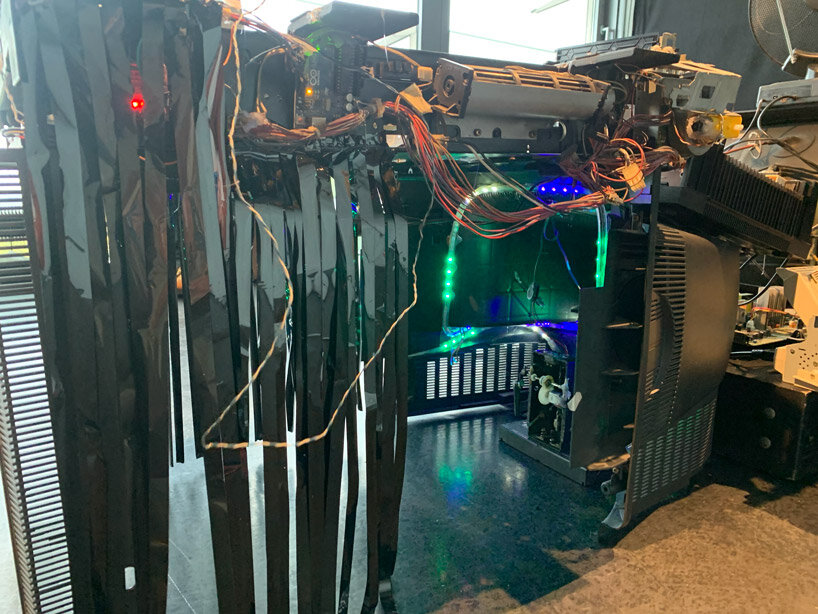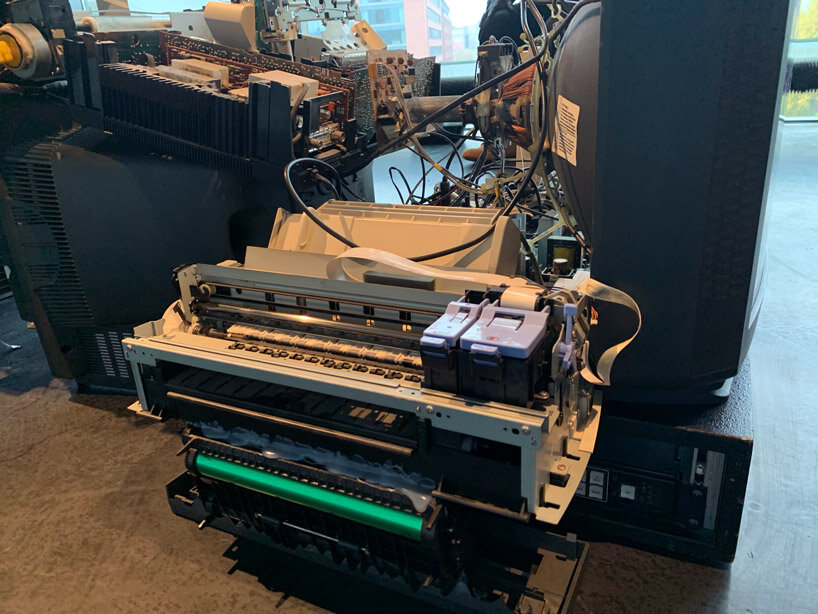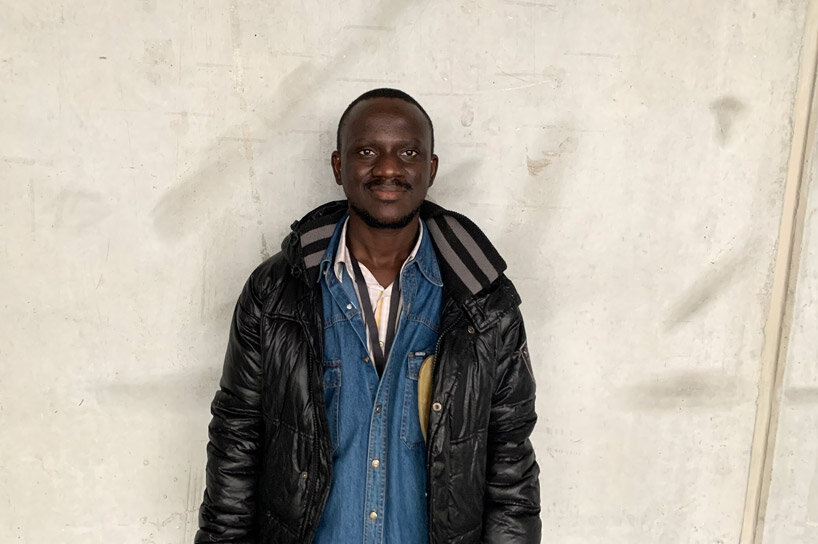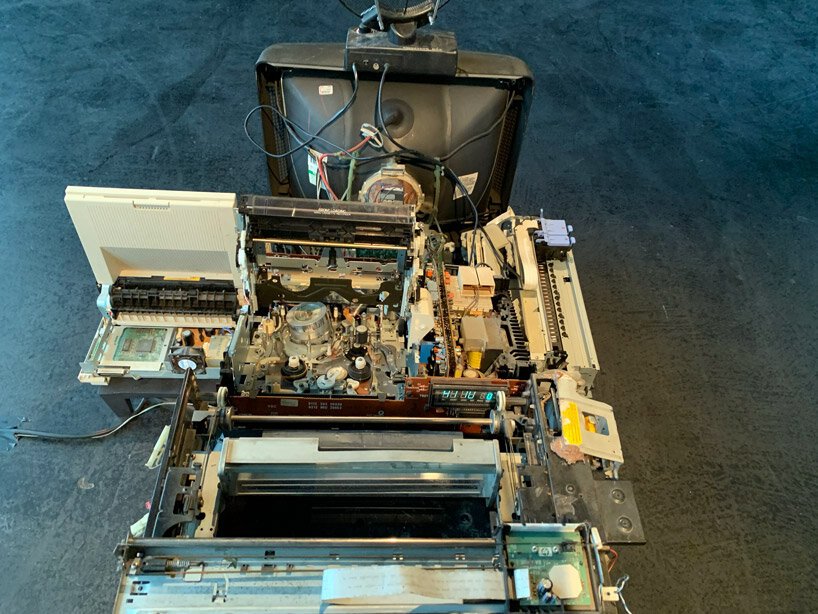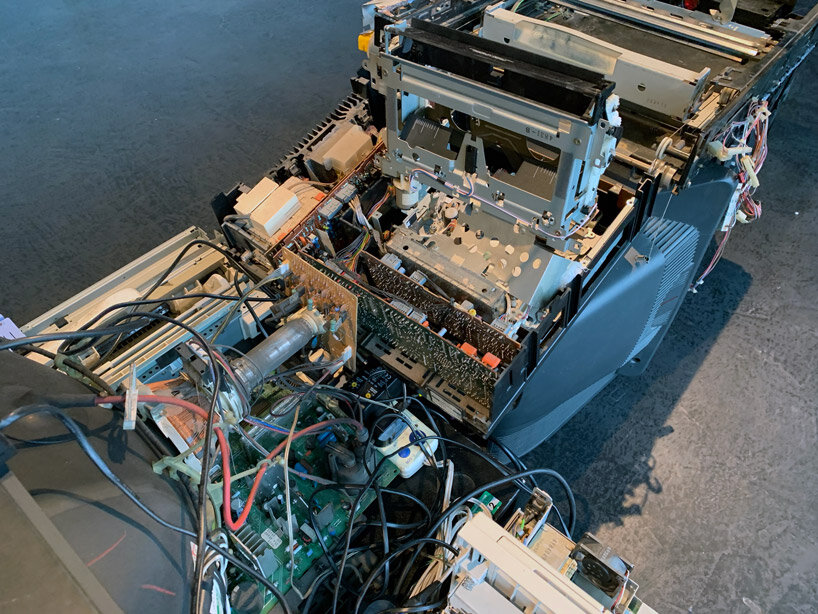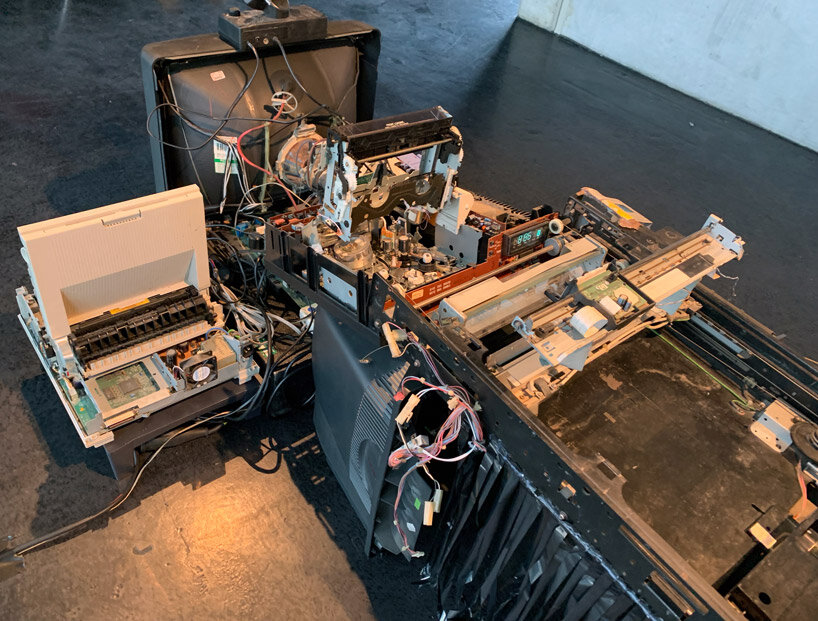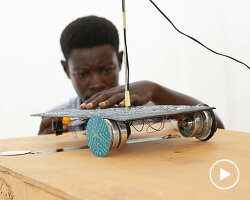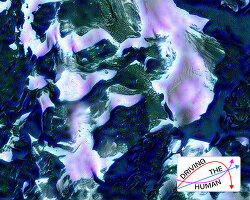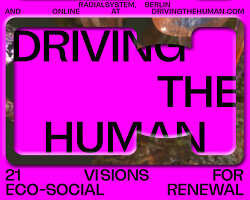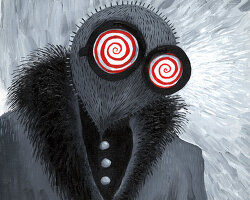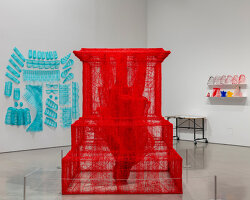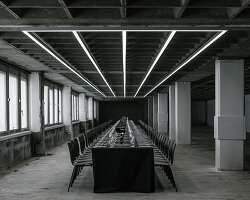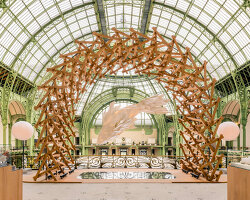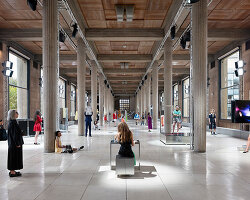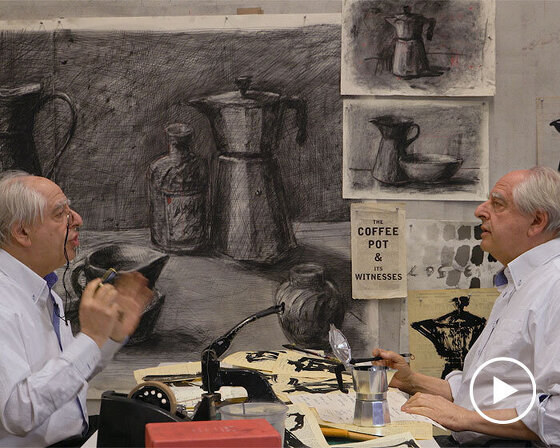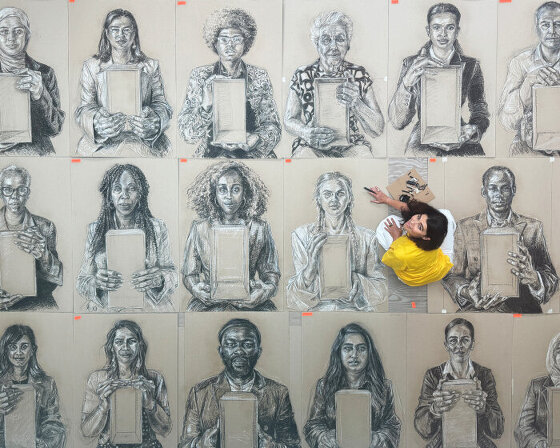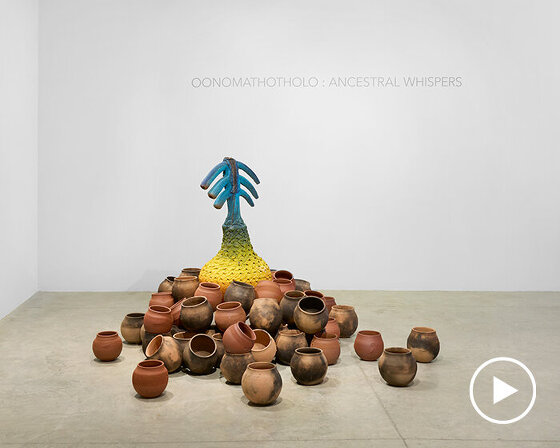KEEP UP WITH OUR DAILY AND WEEKLY NEWSLETTERS
PRODUCT LIBRARY
the south african artist talks to designboom about the nine-episode film series, available on MUBI from october 18, 2024.
connections: +150
dive into our guide for the must-see highlights of art basel paris and design miami.paris 2024, as well as all other exciting shows in paris.
connections: 13
before the unveiling of her recent work, the english artist explores congregation in an interview with designboom and how the 50 portraits of displaced people came to life.
connections: +1420
designboom gets a first look of the south african artist's new exhibition, 'oonomathotholo: ancestral whispers', at friedman benda NY.
connections: +250
